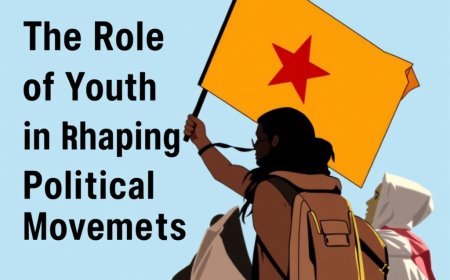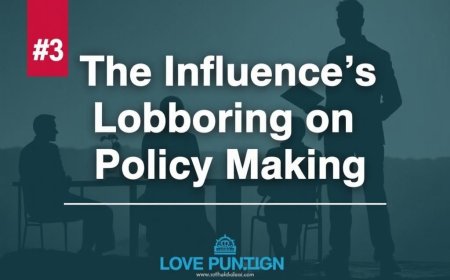The History and Evolution of Political Parties

Political parties have played a crucial role in shaping the political landscape throughout history. From their humble beginnings to the influential entities they are today, the evolution of political parties is a fascinating journey that reflects the changing dynamics of society and governance.
The origins of political parties can be traced back to ancient times, with early forms of organized political groups emerging in ancient Greece and Rome. These early factions were often based on class, wealth, or ideology, and served as a means for individuals to come together to advance their interests and influence decision-making.
As political systems evolved, so too did the structure and function of political parties. The emergence of representative democracies in the 18th and 19th centuries saw the rise of modern political parties as we know them today. Parties began to form around specific policy platforms and ideologies, with members working together to promote their shared values and goals.
Throughout history, political parties have experienced periods of growth, decline, and transformation. In the United States, for example, the two-party system dominated much of the country's political landscape, with the Democratic and Republican parties emerging as the primary players in national politics. Other countries, such as the United Kingdom and Germany, have seen the rise of multi-party systems, where a greater number of political parties compete for power and influence.
The evolution of political parties has also been shaped by key historical events and social movements. The rise of socialist and communist parties in the early 20th century, for example, reflected growing discontent with capitalist systems and the desire for greater social and economic equality. The civil rights movement in the United States and the women's suffrage movement in Europe also led to the formation of new political parties focused on advancing the rights and interests of marginalized groups.
Today, political parties continue to play a vital role in modern governance, serving as the primary vehicles through which individuals participate in the political process and influence policy decisions. While some critics argue that political parties can lead to polarization and gridlock, others maintain that parties are essential for promoting democratic values and ensuring a diversity of voices in government.
In conclusion, the history and evolution of political parties offer valuable insights into the development of modern political systems and the challenges and opportunities facing democratic societies. By understanding the origins and impact of political parties, we can better appreciate the role they play in shaping our collective future.
















